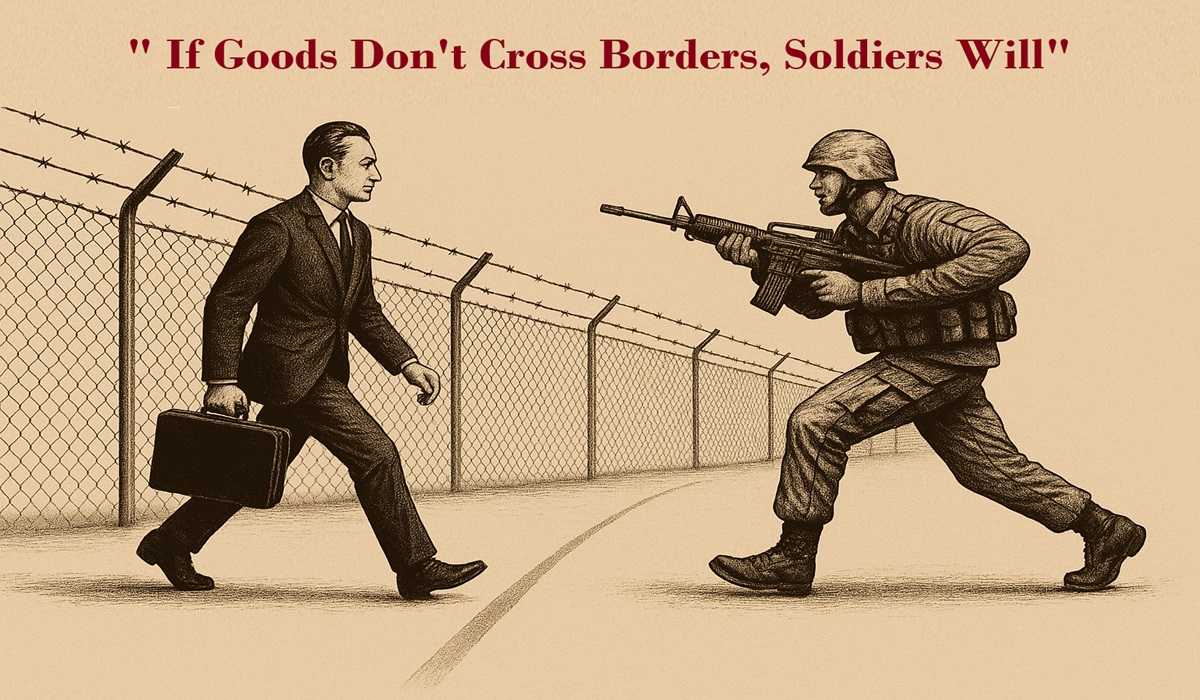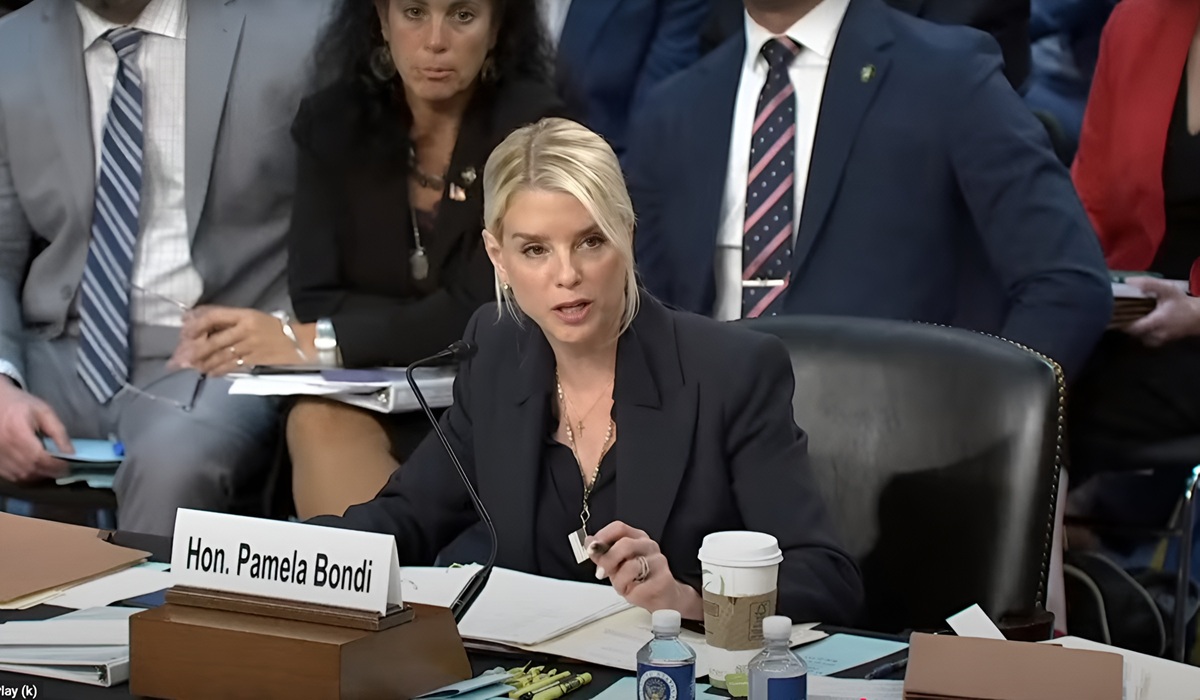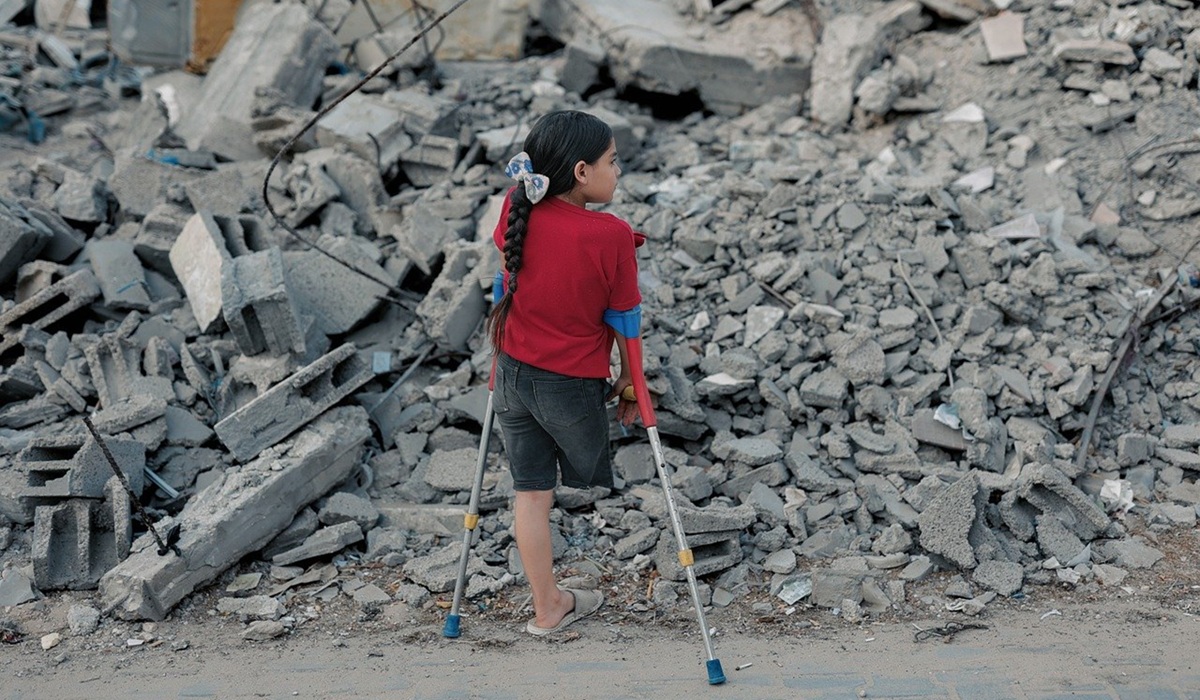“If goods don’t cross borders, soldiers will.” This aphorism, often linked to 19th-century French economist Frédéric Bastiat but more accurately attributed to Otto T. Mallery in 1943, remains a chilling truth. It speaks to the fundamental reality that economic cooperation is the path to peace—and when it breaks down or is denied, conflict often follows. But the modern twist on this principle is more insidious. Goods do cross borders, yet soldiers still follow—not for defense, but to ensure those goods, resources, and profits continue to flow in only one direction: toward former colonial powers and modern imperial states. In today’s world, the United States and France are the most aggressive examples of this enduring strategy, each using military, diplomatic, and economic pressure to crush any semblance of independence in nations attempting to break free from their historic grip. And no country better illustrates this fight than Burkina Faso.
Burkina Faso has become the centerpiece of a revolution in Africa’s Sahel region. Under the leadership of President Ibrahim Traoré, the country has done what its predecessors, hemmed in by colonial subservience, feared to do: it has thrown off the economic shackles of the French franc system and begun issuing its own sovereign currency backed by gold. It has nationalized its gold mines, cutting off the arteries of profit that flowed directly into French coffers for decades. These are not mere policy shifts. They are declarations of independence—real, economic independence—that strike at the heart of France’s centuries-long system of neo-colonial exploitation.
For France, this is a direct threat to its post-imperial business model. French influence in West Africa has always been disguised behind diplomacy, military cooperation, and aid programs. But underneath lies the reality that France has treated its former colonies like extensions of its own economy. It sets the monetary policy. It profits from resource extraction. It supports puppet governments that do its bidding. But Traoré’s government has not only refused to play by the old rules—it’s begun building a new game altogether. And other nations in the Sahel are taking notice. Mali, Niger, and others have started the same process of economic reclamation. The CFA franc, a colonial relic, is being discarded in favor of currencies backed by actual value and governed by African leaders. Strategic resources like gold, uranium, and rare earths are now being renegotiated—or taken back outright.
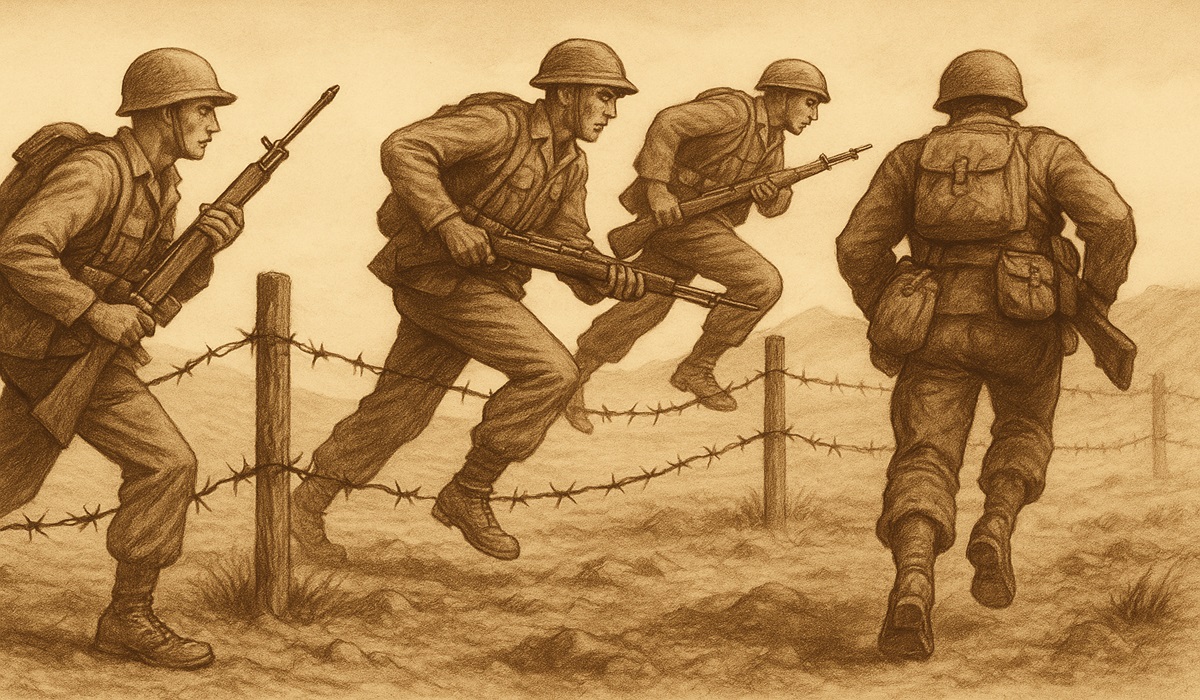
For the United States, this evolution is just as problematic. The U.S. cloaks its intentions in the rhetoric of freedom and democracy, but its trillion-dollar defense budget is not deployed for altruism. It exists to protect its global economic interests—especially in resource-rich regions. So when Burkina Faso begins asserting full control over its own gold production, creating win-win trade relationships with Russia, China, and Saudi Arabia, and rejecting exploitative Western contracts, Washington reacts with alarm. Recently, a high-ranking U.S. military general testified before Congress to denounce Burkina Faso’s treatment of its people. This was not a humanitarian concern—it was economic theater. The message was clear: here is a country rejecting our rules, trading with our rivals, and succeeding. That must be stopped.
This is the crux of the issue: France and the U.S. cannot stand to see Africa thrive without them. They cannot stand to see nations, once looted for their minerals and labor, standing upright, declaring sovereignty, and writing their own futures. They cannot accept a world where Africa no longer needs handouts but seeks partnerships on equal terms. They recoil at African leaders who no longer ask for permission but instead negotiate deals that benefit their people, not foreign investors. These deals—whether with BRICS nations, Middle Eastern financial powers, or pan-African alliances—are designed around mutual gain, not neocolonial extraction. And that terrifies the West.
The legacy of colonialism, particularly French colonialism, has always hinged on the illusion of independence. The French granted flags and anthems but kept the banks and mines. They supported elections but removed those who resisted their interests. But that old game is ending. Young African leaders like Traoré are not interested in symbolism—they want material sovereignty. And they’re achieving it.
This threatens not only profits but the entire ideological framework that the U.S. and France have used to justify their global influence. If Burkina Faso and its neighbors can rise without Western aid—if they can build roads, educate youth, secure their borders, and grow their economies with fair partnerships—then the West loses its grip not only on Africa’s resources but also on the narrative of African dependency. This is why France scrambles to maintain military outposts and why the U.S. continues to spend billions on defense operations in the region under the guise of fighting terrorism.
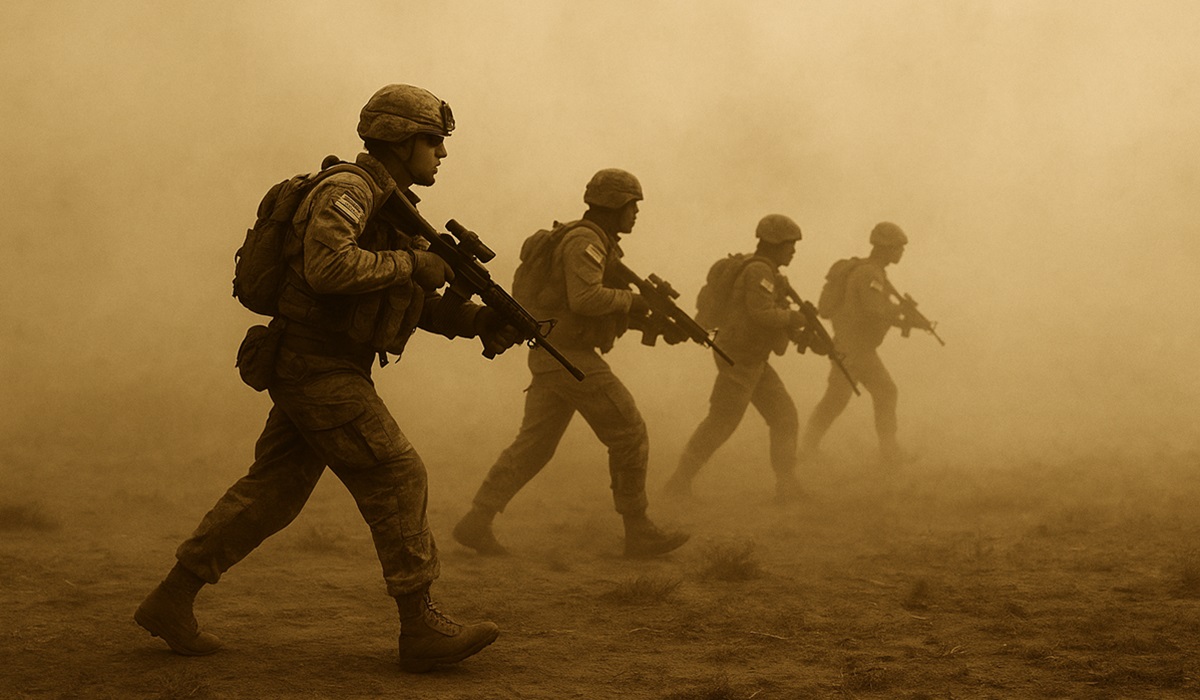
Even Ukraine provides a modern echo of these dynamics. While the U.S. has spent years funding and arming the Ukrainian military under the banner of protecting democracy, it has also just signed one of the largest mineral access deals in recent history. American companies now have the green light to mine Ukrainian lithium and graphite—critical elements for the next generation of electric vehicles and AI applications. This was never just about Russian aggression or Ukrainian sovereignty. The U.S. played the long game: arm a nation, let it fight your proxy war, and then when the dust settles, sweep in for the resources under reconstruction contracts. It’s the same formula used in Iraq, Afghanistan, Libya, and now, potentially, across the Sahel—unless African nations resist.
And they are resisting. Not just militarily, but ideologically and economically. By ditching the CFA franc, by nationalizing their mines, and by building new partnerships outside of the Western framework, nations like Burkina Faso are reclaiming their futures. This is not about turning East instead of West—it is about turning inward, asserting autonomy, and finally putting the needs of their own people first.
This new Africa is not asking for favors. It is not begging for aid. It is demanding respect, sovereignty, and fairness. That terrifies those who have long profited from African weakness. The West is learning—too late, perhaps—that when goods no longer cross borders on their terms, soldiers may still follow. But this time, the soldiers are not marching under foreign flags. They are African. They are armed with purpose. And they are not crossing borders. They are defending them.
If the U.S. and France truly believe in democracy, liberty, and equality, they should welcome Africa’s resurgence. They should applaud a continent finally shaking off the chains of imperialism. But history tells us they won’t. History tells us they’ll fight—economically, diplomatically, militarily—to hold on to what was never theirs to begin with.
The battle for Africa’s soul is no longer one of colonizers versus colonies. It is one of sovereignty versus subjugation. And for the first time in centuries, the balance of power is shifting. Not with weapons, but with wisdom. Not with pity, but with pride. Not with aid, but with autonomy.

